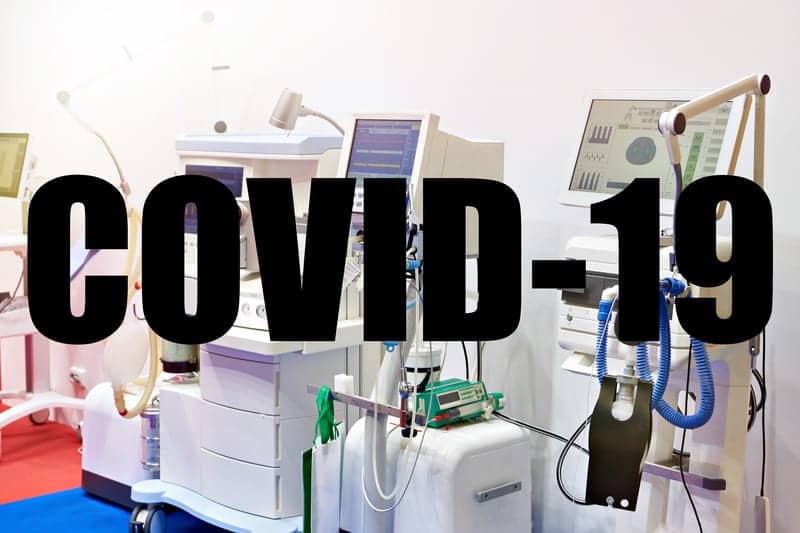Westford, Mass.-based MedAcuity Software has teamed up with The Ventilator Project. MedAcuity will act in a pro bono advisory role to support their mission of developing a safer and more affordable ventilator to address the worldwide shortage exposed by the COVID-19 pandemic.
Founded in late March of 2020 by robotics entrepreneur Tyler Mantel, The Ventilator Project has since cultivated a team of over 250 volunteers from diverse backgrounds ranging from The White House and Cornell University to Google and the San Francisco 49ers. Through tireless engineering efforts, “AIRA” was created—an easily scalable ventilator that uses materials sourced from outside the biomedical supply chain.
Due to the concerns and conditions of COVID-19, AIRA currently falls under the emergency use authorization (EUA) designation, which allows the FDA and organizations to expedite a normally grueling and lengthy 510k process in order to help strengthen the nation’s public health. To keep costs down, the team integrated supply chain and manufacturability into every level of the design process, reducing dependency on medical supply lines.
“Seeing the devastation that hospital teams around the world were facing as the number of critical COVID patients began to exceed available ventilators, we recognized that something needed to be done quickly,” says Mantel. “We’re working under greatly expedited conditions, so it’s particularly essential to patient safety that everything is done right from a compliance perspective the first time around—and that’s where MedAcuity’s expertise will be invaluable.”
MedAcuity has over a decade of experience delivering software solutions for clients’ most critical application development challenges for all classes of medical devices. Its core focus is supporting software development for the medical device industry, with over 100 software engineering experts covering the full software stack including firmware and embedded systems development, mobile application and GUI development, cloud and enterprise technologies, software design and development methodologies for heavy compliance-driven regulated environments, and cybersecurity.
“When we heard what The Ventilator Project was aiming to do, we knew immediately that we wanted to get involved,” says Susan Jones, engineering manager at MedAcuity. “In the cases of hospitalized COVID-19 patients, timely access to a ventilator can mean the difference between death or full recovery. By applying MedAcuity’s expertise, we can help accelerate the process of ensuring AIRA’s software will be highly effective and FDA compliant.”
To start, MedAcuity will be providing a complimentary gap analysis of the work completed by The Ventilator Project’s engineers to offer guidance around hardening software and system-level requirements, deploying necessary process and best practices, documentation, and supporting artifacts that will be needed to successfully clear a 510k submission.
“When the opportunity to support TVP arose, it was a no-brainer for MedAcuity,” says Shawn Vanseth, business development & account management at MedAcuity. “We saw it as an opportunity to share our direct skills and industry experience for the common good.”
At this time, The Ventilator Project concluded a rigorous three-week testing phase to ensure that the ventilator meets all the required safety specifications. It has passed all testing and their EUA application has been submitted to the FDA. They expect to hear back in a few weeks regarding the status of authorization for the ventilator.





